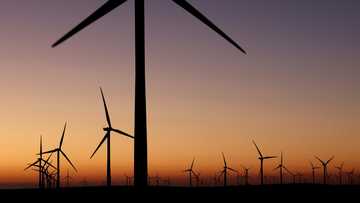Pros and cons of nuclear energy: What do the scientists say?
The pros and cons of nuclear energy have often been debated among proponents and critics of this particular energy source. Those for it point out factors such as high energy density, low running costs, and economic benefits. Critics, on the other hand, point historical accidents, end-stage costs, and terrorism targets as significant downsides.
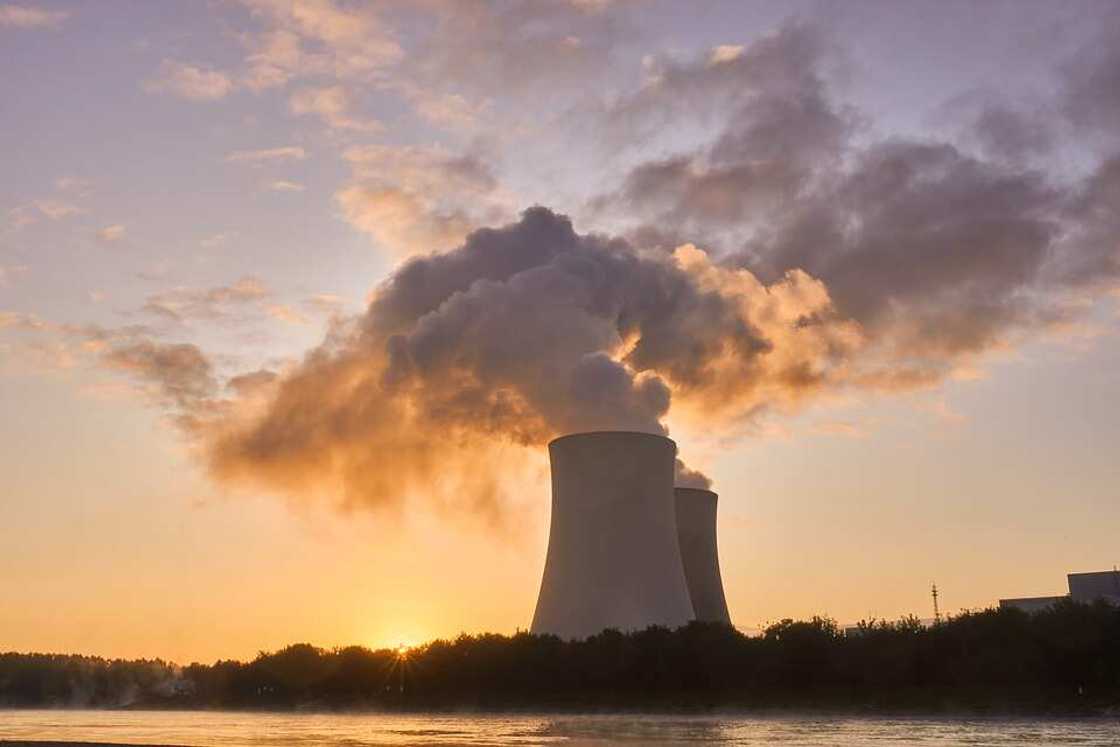
Source: UGC
Like any other power source, there are numerous nuclear energy advantages and disadvantages. We take a look at the most significant pros and cons of nuclear energy in the modern-day world.
Pros and cons of nuclear energy
What are the advantages and disadvantages of this source of energy?
Benefits of nuclear energy
Here is a look at the main upsides of nuclear energy.
Economic benefits
The economic benefits associated with nuclear plants far outweigh those of other sources of energy. For example, a single nuclear plant creates more jobs than a coal or natural gas facility. Additionally, most nuclear sites often have two power plants, thus increasing the number of job opportunities. Most plants have had positive effects on the livelihoods of surrounding communities.
High energy density
A single reactor can comfortably sustain the power supply needs of about half a million people. This is due to the significantly high fuel to power ratio of uranium. A small amount of uranium is powerful enough to power a 1000-Megawatt power generation plant, which is more than enough for a small city.
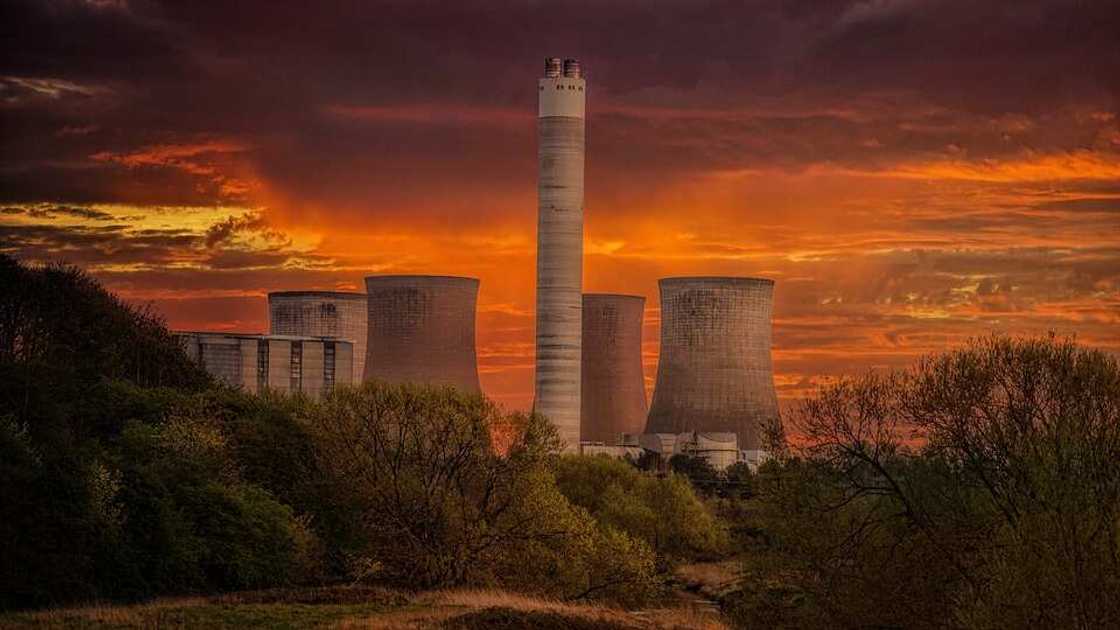
Source: UGC
On the other hand, renewable energy sources such as wind and solar are often only enough for office and residential power supply. Sectors such as manufacturing, therefore, benefit significantly from the high power capacity of nuclear energy.
A possible alternative to uranium
Uranium's finite supply often comes up in the discussions surrounding nuclear energy pros and cons. One of the often-overlooked benefits of this energy source is the fact that if uranium ever gets depleted, thorium can be used as an alternative fuel. Thorium has been found to be a greener alternative to uranium with countries such as India, Russia, and China working on plans to have thorium-fuelled nuclear power plants in the future.
Emission-free power output
Carbon dioxide and other gases are significant contributors to the depletion of the earth’s atmosphere. This means that sources, such as coal and fossil fuels, continue to affect the world’s climate adversely. One of the most significant advantages of nuclear energy is its low greenhouse gas emission.
One common misconception is that nuclear power plants pollute the air as huge columns of ‘smoke’ are often seen rising from the cooling towers. However, this is usually vaporized water and does not harm the atmosphere.
Sustainability
Uranium is, by all means, a non-renewable source of energy. However, if scientific research leads to breakthroughs in large-scale use of nuclear fusion and breeder reactors, then uranium can turn into a renewable energy source. However, these methods currently pose significant challenges in their implementation.
Low running costs
One of the most significant benefits of nuclear power is arguably its low running cost. While the initial capital outlay for a new reactor plant is significantly high, the operating costs are quite low. Once a plant is up and running, only a small amount of uranium is required to produce massive amounts of power.
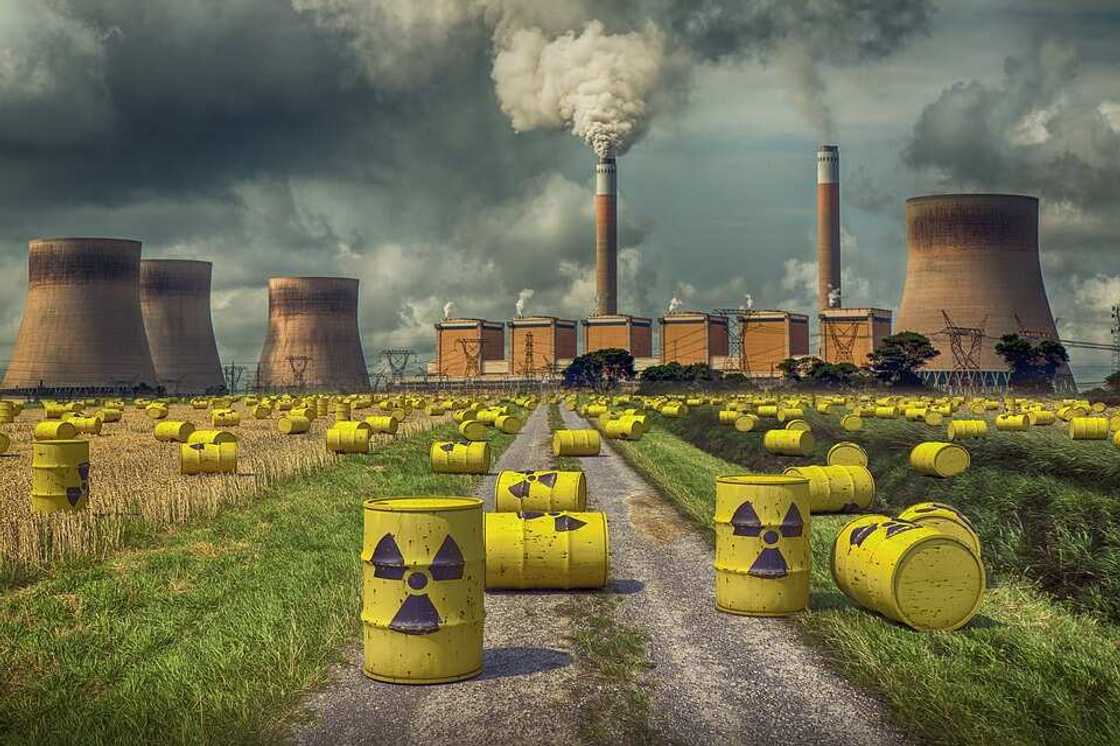
Source: UGC
The cheap running costs are further supported by the relatively long average lifecycle of a nuclear reactor. The inexpensive production outweighs the initial building costs.
Non-reliance on fossil fuels
Another factor that is top among the pros of nuclear energy is its non-reliance on fossil fuels. This means that its power output is not affected by the volatility of gas and oil costs. Additionally, uranium’s high fuel-power ratio implies that its depletion is much slower as compared to that of fossil fuels. The current supply of uranium is also quite high and will sustain energy needs for significantly longer.
Disadvantages of nuclear energy
While nuclear energy undoubtedly has various advantages, it also poses some drawbacks. Opponents of this power source are keen to note the few but significant nuclear power plant accidents that have happened in the past as well as other risks posed by having such plants in operation. Here are the main cons of nuclear energy.
Cost of radioactive waste
One of the biggest problems posed by nuclear plants is the generation of tones of radioactive waste. This waste requires expert handling and disposal, which in itself is quite expensive. This waste also takes long to decompose to safe levels, an issue that is not present with other sources of energy. This means that while this source of power does not pollute the environment, it has a very high back-end environmental impact.
Nuclear-related accidents
Critics of nuclear energy are quick to observe the devastating accidents that took place in Chernobyl (1986) and Fukushima (2011). It is extremely rare for a nuclear power plant accident to occur, but the effects that follow isolated incidents are hard to ignore. The Chernobyl disaster is widely regarded as the worst nuclear accident to ever happen, and while it occurred decades ago, its effects can still be felt to this day.
Massive entry and exit costs
When operational, reactors generate some of the cheapest power in the modern-day. However, the cost of constructing a new plant is in the billions of dollars. To add to this, the cost of decommissioning a nuclear power site is also quite high, primarily due to the handling of used fuel. Opponents argue that these up-front and end-stage costs are unnecessary and should be channelled towards other means of power generation.
Easy targets during warfare or terrorism
The uranium used to produce power is relatively different from the weapons-grade uranium used in warfare. However, the latter can be synthesized into the former in the hands of people with sufficient knowledge and equipment.
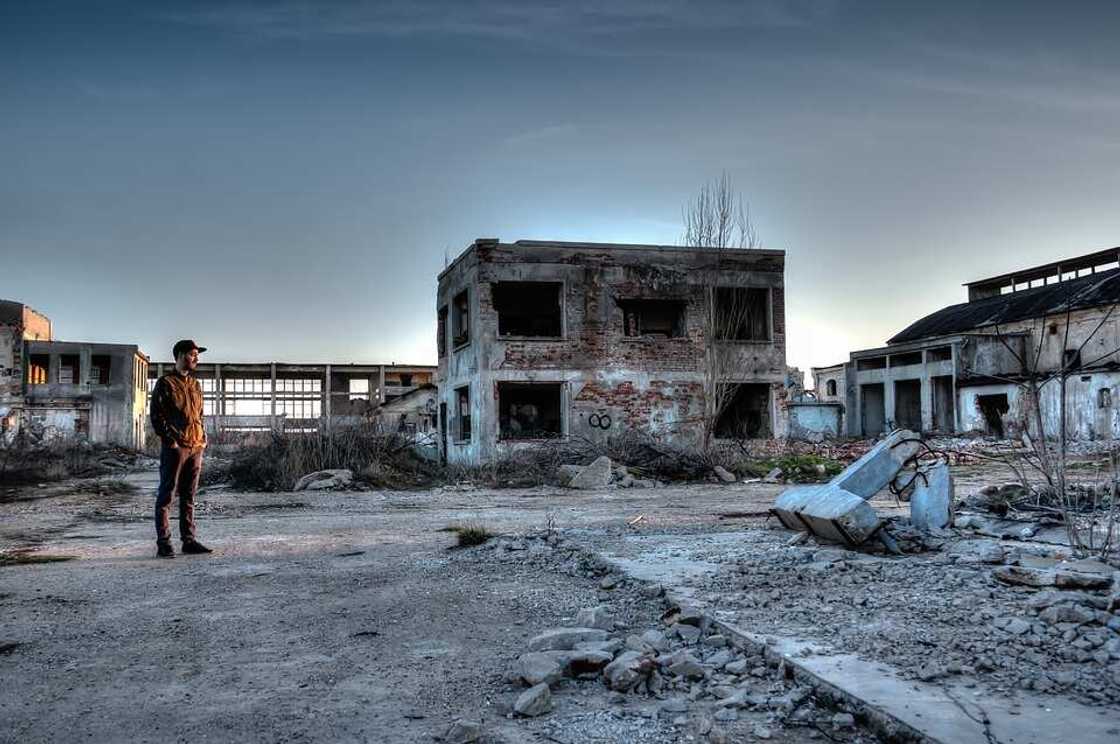
Source: UGC
Critics, therefore, argue that uranium could easily fall into the hands of the wrong people and pose a significant problem.
Non-renewability
In the debate involving the pros and cons of nuclear power, non-renewability is arguably the most substantial point among environmentalists. They argue that there are renewable sources such as wind and solar that can be used in place of nuclear energy. While only small amounts of uranium are used in each reactor, the mineral is in limited supply and is therefore bound to be depleted in the future.
What do scientists say?
Every power supply source has its pros and cons. For example, solar energy requires vast land to produce significant power outputs. Hydroelectric power, on the other hand, adversely affects river ecosystems, and wind energy results in the killing of birds by windmills. While nuclear energy undoubtedly has its downsides, it seems that science has not yet found a way to use safer sources of energy on a large sustainable scale.
Here are the top 15 countries in terms of nuclear power generation.
- United States of America: 770,719 GWh from 100 reactors
- France: 407,438 GWh from 58 reactors
- Russia: 166,293 GWh from 33 reactors
- South Korea: 143,550 GWh from 23 reactors
- Germany: 94,098 GWh from 9 reactors
- China: 92,652 GWh from 17 reactors
- Canada: 89,060 GWh from 20 reactors
- Ukraine: 84,886 GWh from 15 reactors
- United Kingdom: 63,964 GWh from 18 reactors
- Sweden: 61,474 GWh from 10 reactors
- Spain: 58,701 GWh from eight reactors
- Belgium: 38,464 GWh from seven reactors
- India: 29,665 GWh from 20 reactors
- Czech Republic: 28,603 GWh from six reactors
- Switzerland: 24,445 GWh from five reactors
When assessing the pros and cons of nuclear energy, it seems that the benefits far outweigh the disadvantages. This is evident from the numerous nuclear reactors that are still operational and the new ones being constructed. However, critics of this energy source have some valid concerns regarding its costs, environmental impact, and overall safety. What do you think about nuclear power pros and cons?
Source: Legit.ng




